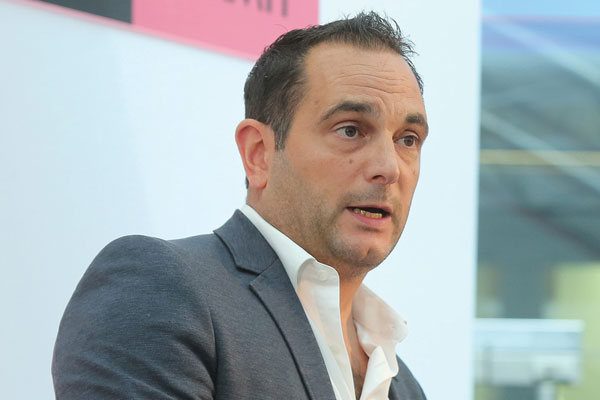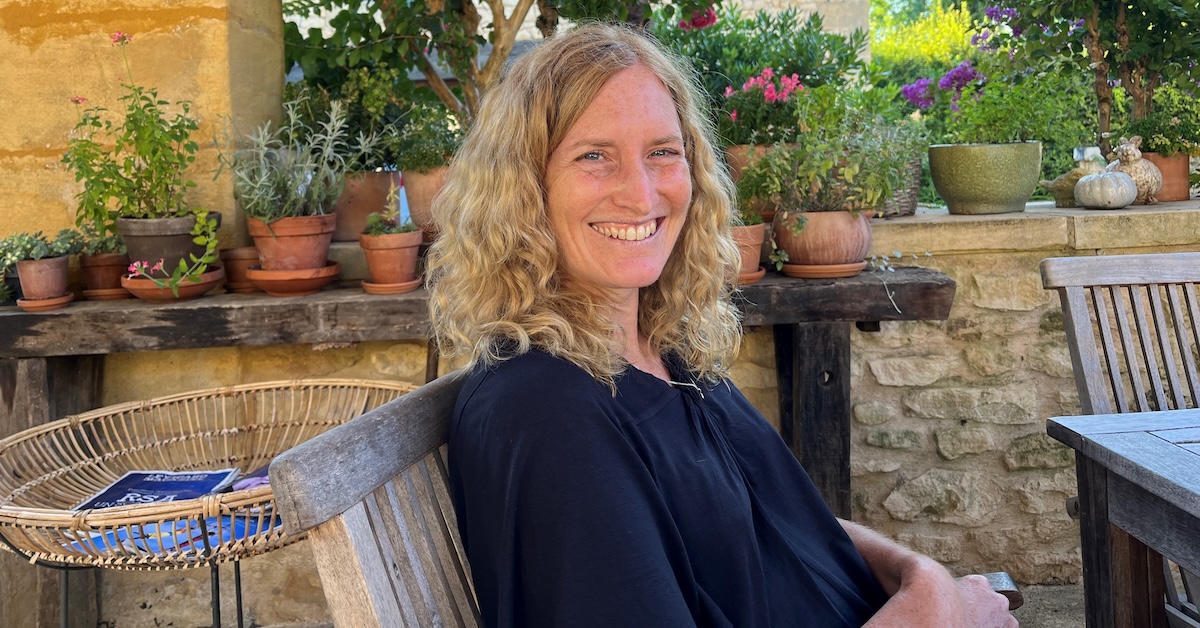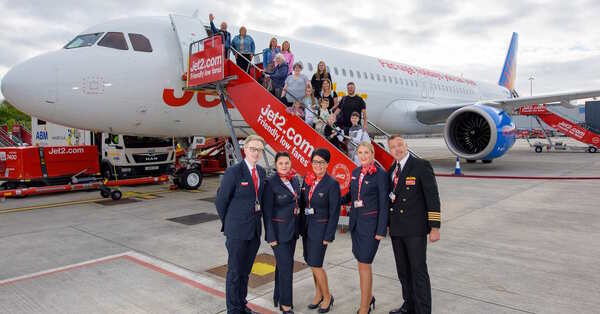You are viewing 2 of your 2 free articles
Switch to employee ownership is paying off
Attraction Tickets’ Oliver Brendon shares his findings one month after selling his company to an EOT
I recently sold the company that I started in 2002 to an Employee Ownership Trust (EOT).
The purpose of an EOT is to ensure that the business operates as an independent and enduring entity for the long-term benefit of the employees.
EOT transactions are funded from retained earnings and future profits; so shareholders are usually paid some of their consideration on day one with the remaining consideration paid over subsequent years, assuming that the company can afford to do so.
The executive board and the EOT board must balance the requirement to repay shareholder debt with the necessity for employees to benefit from future profits that the company generates.
Shareholders must consequently accept some risk that they may never be paid in full. On the plus side, though, there are tax benefits from an EOT structure because disposals to shareholders can be made free from capital gains tax and the EOT can pay annual bonuses of up to £3,600 to employees free from income tax.
What really appealed to us about employee ownership is the ingrained principle of fairness and shared prosperity: those who work hard to create wealth get a share of it. The more that shareholder debt is repaid, the higher the annual payments to employees can be, until a point where all shareholder debt has been paid and potentially all annual profits could be distributed to employees.
That sounds quite a socialist or ‘happy clappy’ approach. It is not. To share prosperity, we will need to maintain success and accelerate growth which will require increased efficiency and a relentless focus on ROI and customer experience.
Employee ownership is in fact the best that capitalism has to offer but it does not provide jobs for life, final salary pension schemes or working three-day weeks as the name might suggest.
It is a structure that requires shareholders to take some jeopardy and employees to work hard for each other in order to benefit from the financial success that comes from their endeavours.
What are the alternatives to Employee Ownership?
Private Equity (PE) can be a great option for some companies and there are numerous examples in the travel industry where PE backed companies have soared to even greater heights.
However, the concept of selling my company to an organisation which had no emotional attachment to it, or to our people did not appeal.
PE Houses buy companies – using leverage debt – with the objective of selling them again and it is the PE House rather than the employees or management who do best out of the secondary sale.
My personal experience of meeting people from PE is that they are very credible, excellent dealmakers and bring external experience and professionalism which can be valuable. However, an external, independent, professional EOT board (which represents the employees and oversees the executive board) enables employee-owned companies to get some of these PE benefits whilst retaining their independence.
Another option we considered – and had numerous external discussions about – was a trade sale, which would have replaced one set of owners with another.
Trade acquirers usually have the best intentions of retaining the independence of the company they are acquiring whilst providing a potentially valuable corporate infrastructure such as international payment acceptance and distribution which can help to fuel growth.
But ‘economies of scale’ (i.e. redundancies) are usually inevitable in the medium-term and the risk of being ‘absorbed into a larger group’ – or in other words ‘shut down’ – always remains. Both outcomes would have been heartbreaking.
We could have sought alternative investment such as a high net worth (HNW) individual; but HNW’s rarely get wealthy by believing in shared prosperity, which the EOT structure provides and which was an important principle to our own selling shareholders.
We could have sought a management buy-out but the business had probably become too big for this to be a realistic option and would have required management to take on long term debt to fund the acquisition.
In an EOT, employees don’t have to purchase shares but they benefit from (indirect) ownership. I could have decided to leave the business to my children as an inheritance, but this would have been a burden for them and I’d much prefer that they pursue their own path and follow their own dreams rather than live in my shadow.
The other option, of course, was to do nothing; but the time felt right to lay the foundations for change. The selling shareholders have all been with the business for about 20 years and the EOT enables them to plan their succession in a timeline that is right for them, the employees (new owners) and the business.
Having started the business with one desk, a phoneline and a £10k loan and - like all travel businesses - suffered stress and financial loss during Covid, I felt that it was time to de-risk. I wasn’t comfortable with the PE or trade sale route for all the reasons outlined above but also because all control is lost immediately after the transaction.
An EOT enables me and my fellow directors to leave a legacy whilst walking away from the business slowly and with mutual goodwill all round over the next few years.
The outcome
A month after the deal, we are learning how the extract the benefits of employee ownership and how employees will have more influence over the running of the business. This isn’t easy and it is a collective responsibility of selling shareholders, directors, management, employees and the EOT board.
We have found the community of employee-owned companies and the Employee Ownership Association are extremely supportive with advice and workshops. Our employee forum has an increasingly important voice and the employee representatives on the EOT board will be holding the directors to account with the support of our independent EOT chair.
Several owners of travel companies got in touch with me after our transaction to discuss employee ownership and I have been happy to discuss the EOT process with them.
It was not quick or straightforward by any means, but I am delighted with the outcome and I am confident that our employees and new owners will be too.


















